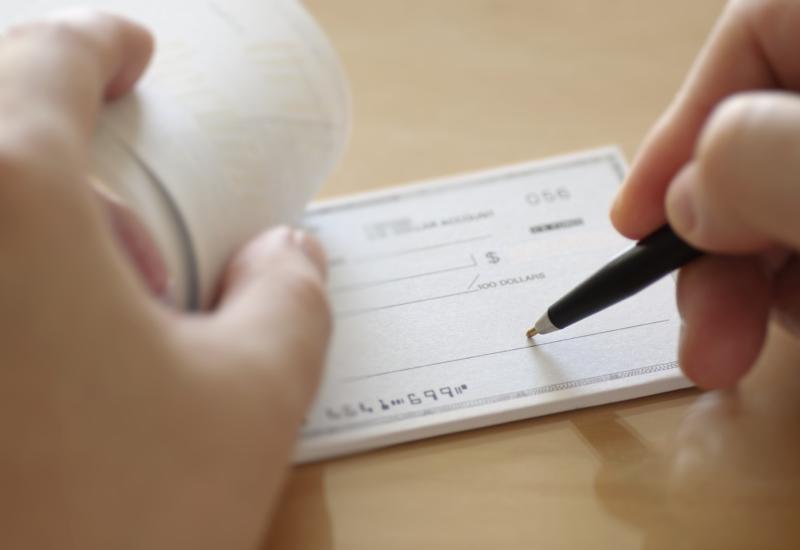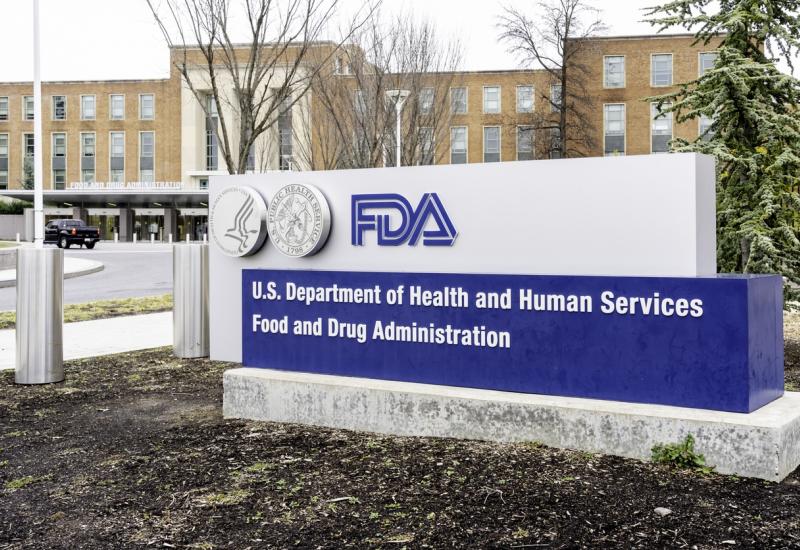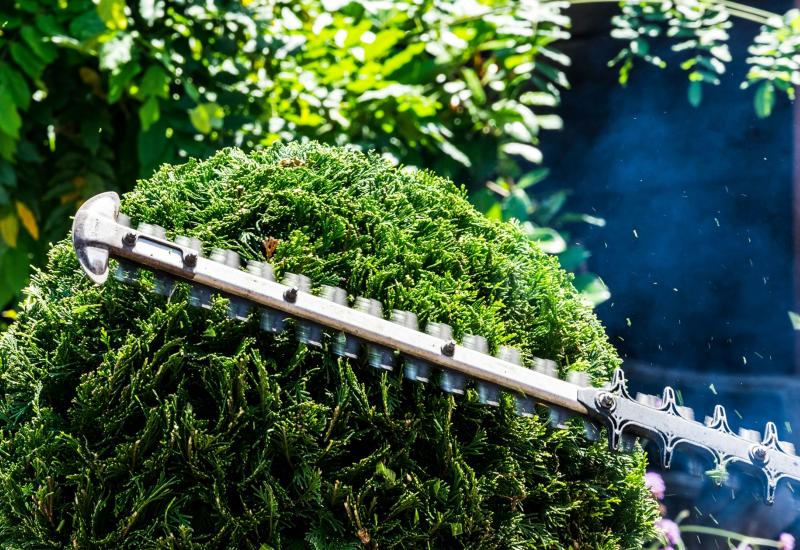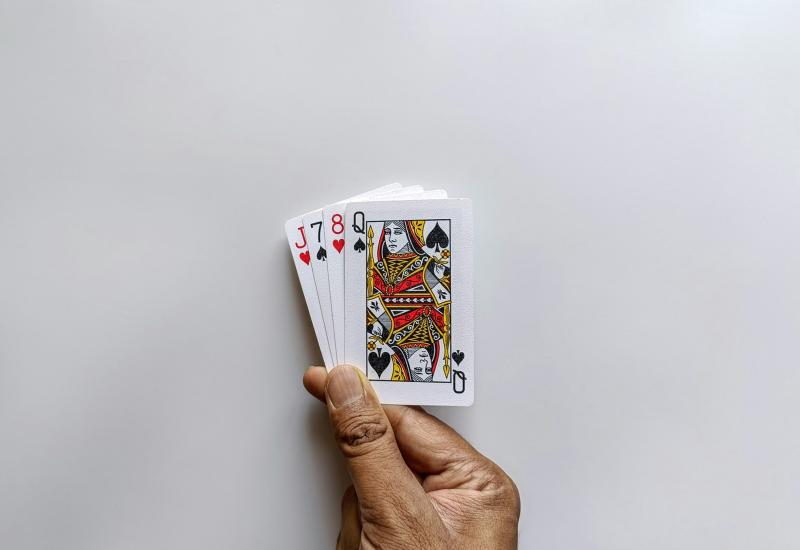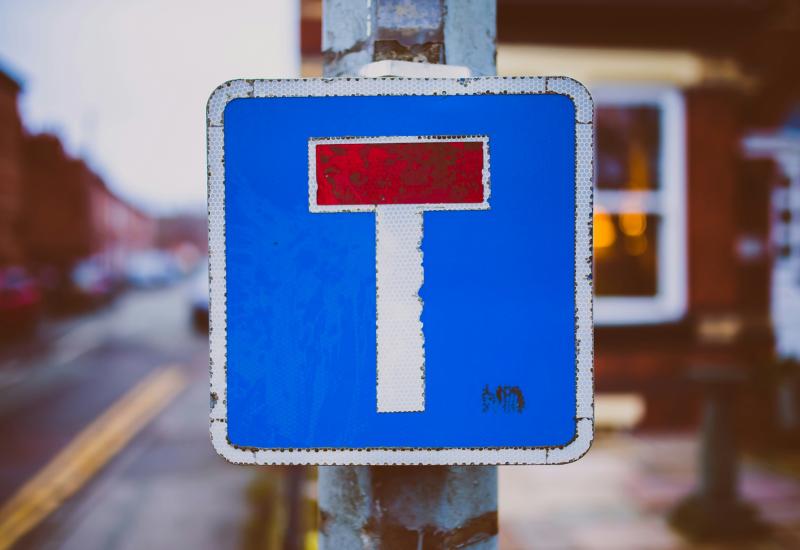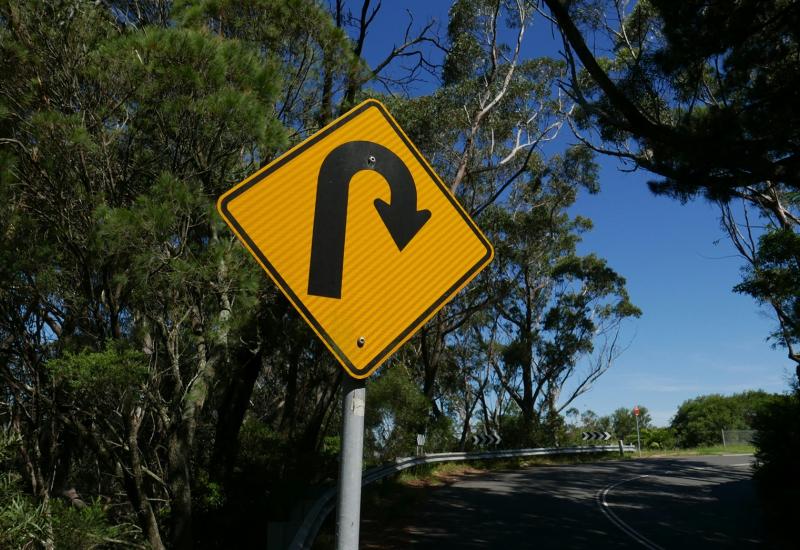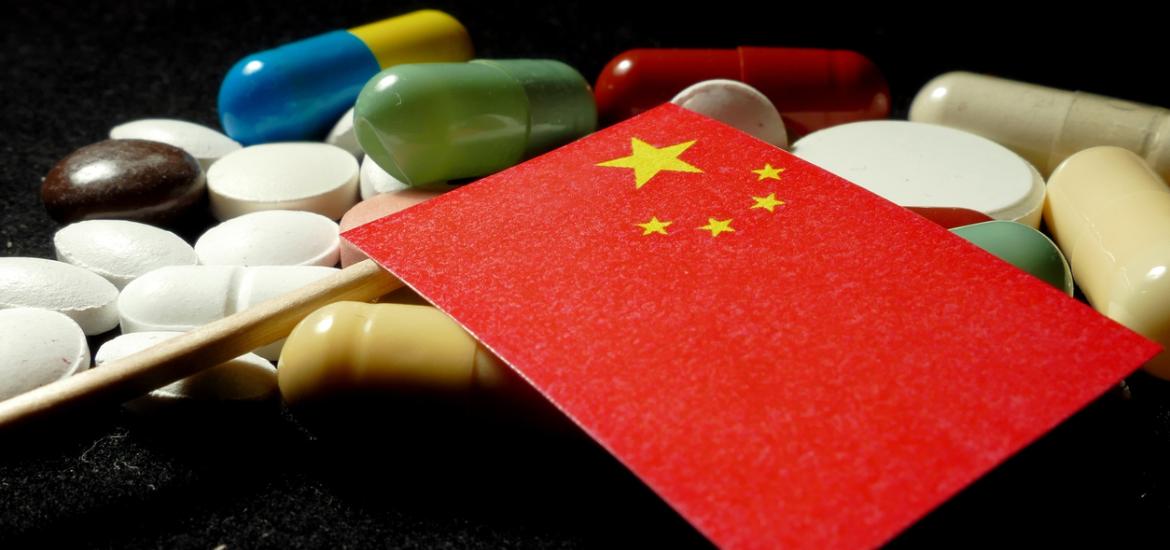
A solid tumour Car-T first?
Satri-cel is filed for gastric cancer approval in China.
Satri-cel is filed for gastric cancer approval in China.

Carsgen Therapeutics' satricabtagene autoleucel, a low-key project that targets Claudin18.2 and secured buy-in from Moderna two years ago, could shortly become the world's first Car-T therapy to be approved for a solid tumour indication.
This follows December's win in a registrational trial in Claudin18.2-positive gastric/gastroesophageal junction cancer patients who had failed at least two prior therapy lines, and it's for this use that Carsgen on Wednesday submitted a filing to China's NMPA. Satri-cel first came to prominence when Carsgen scored a clinical trial collaboration with Moderna, but shortly afterwards the therapy was put on US clinical hold.
The tie-up with Moderna concerned studying satri-cel in combination with an unspecified Claudin18.2-encoding immunotherapeutic originated by Moderna, and was announced at a time when Claudin18.2 was an extremely popular industry target. The precise current status of that collaboration is unclear, and while preclinical work might have been done no clinical trials have yet been started.
It's likely that clinical plans were derailed by the US clinical hold, announced in December 2023. This was the result of inspection failures at a manufacturing site in Durham, North Carolina, and also affected US trials of Carsgen's zevorcabtagene autoleucel (anti-BCMA Car-T) and CT071 (GPRC5D). The hold hold was lifted last October after Carsgen implemented corrective actions.
China
In practice this affected Carsgen's sole US satri-cel trial, namely a single-cohort phase 1/2 study in Claudin18.2-positive late-line gastric/gastroesophageal junction, pancreatic and biliary tract cancers.
Over in China, meanwhile, development proceeded apace, and OncologyPipeline reveals six clinical studies being carried out there with satri-cel, including three sponsored by academic institutions. The most important Carsgen-sponsored effort was a phase 1/2 trial described as registrational, in which satri-cel was compared against physician's choice.
It was this study, specifically its cohort of third-line or later gastric/GEJ patients whose tumours expressed Claudin18.2, that was in December toplined as positive for PFS, its key efficacy endpoint. Full data were presented at ASCO, showing median PFS of 3.3 months for satri-cel, versus 1.8 months for control, yielding a 0.366 hazard ratio (p<0.0001).
However, control patients performed worse than expected; statistical considerations for this study, where 88 patients got satri-cel and 48 control, hypothesised median PFS of 3 months for control. On overall survival there was a numerical benefit (medians of 7.9 months versus 5.5 months), but the 31% reduction in risk of death failed to clear a 0.025 p value boundary.
95% of satri-cel patients experienced cytokine release syndrome, but only 5% was at grade 3 or higher, and there was no ICANS of any grade. Perhaps most concerning was that 16 patients couldn't be infused with satri-cel after apheresis, mostly owing to disease progression, and speeding up Car-T cell manufacturing was recommended as one possible improvement.
Priority review
On Wednesday Carsgen said these data were submitted to China's NMPA for approval, with priority review, adding that this made satri-cel the first Car-T cell product to have been filed for treating a solid tumour indication.
As a target Claudin18.2 has generated a huge amount of industry interest, but while Astellas's naked MAb Vyloy was approved last November work has tended to focus on ADCs. As such, hitting Claudin18.2 with an autologous Car-T like satri-cel is less typical, though the clinical pipeline does include AstraZeneca's AZD6422 and Legend Biotech's LB1908.
One closely watched theme here is how much Claudin18.2 expression on tumour cells is needed to generate efficacy. Vyloy's label mandates ≥75% expression, and recent work on ADCs has shown activity at much lower levels. Satri-cel's registrational trial mandated Claudin18.2 expression of ≥40%.
Selected clinical-stage Car-T therapies against Claudin18.2
| Project | Company | Status |
|---|---|---|
| Satricabtagene autoleucel | Carsgen Therapeutics | Filed for approval in China |
| AZD6422 | AstraZeneca | Ph1 in Claudin18.2+ve solid tumours |
| LB1908 | Legend Biotech | Ph1 in gastric/GEJ & pancreatic cancers |
| CTD101 | Bioheng Biotech | Ph1 in Claudin18.2+ve solid tumours |
| IMC002 | Suzhou Immunofoco | Ph1 in Claudin18.2+ve solid tumours |
| KD-496* | Nanjing Kaedi | Ph1 in NKG2DL+ve/CLDN18.2+ve solid tumours |
| LY011 | Shanghai Longyao Biotechnology | Ph1 in gastric & pancreatic cancers |
| XKDCT086 | First Condor Biotechnology | Ph1 in Claudin18.2+ve solid tumours |
| IBI345 | Innovent Biologics | Ph1 in Claudin18.2+ve solid tumours completed |
Note: *also targets NKG2D ligands. Source: OncologyPipeline.
2501


